Mindfulness-Based Stress Reduction (MBSR) Course Review:
This past summer, I participated in an 8-week MBSR course at the Krame Center at Ramapo College. I decided to immerse myself in this course after I had been meditating casually for years. I wanted to go deeper into mindfulness and stress reduction. This is my MBSR review on my experience in this course.
What To Know Before Starting The Course:
You must be able to commit to meditating for at least 45 minutes a day, 6 days per week, for the entire 8 weeks of the course. Ultimately, you do not have to perfectly devote to this schedule. But, if you would like to get the most out of the course you will do your best to make the time for this.
It will be hard at first. You may feel as though there is no way you can find time for this. I found the time by waking up 45 minutes to an hour earlier than usual. I found that the best time to meditate was in the morning, before other distractions and sleepiness crept their way in.
Before starting you must be able to find this uninterrupted time for yourself.

How The Course Is Structured:
There are various different meditations covered throughout the course. There are body scans, sitting meditations, mindful movement (yoga and walking), mindful eating, and mindful communication. The way the course is structured is that you meet in a group setting once a week for 2.5 hours. The instructor then goes through the MBSR curriculum, which is structured, but obviously each instructor has their own style. It is structured to be about half informational and discussion-based, and the other half is practice (the meditations and yoga mentioned above).
I found this to be very helpful. Walking into this room each week was an opportunity to just “be.” The instructor for my course was also very helpful, respectful, and experienced in instructing the course. This made the experience enjoyable as well.
Adjusting To The “Homework”:
As stated earlier, the home practice consisted of at least 45 minutes of daily meditation for 6 days per week. It was very difficult to start out with the first two weeks. Often, we are so consumed with constantly doing and having external stimuli that sitting still for 45 minutes can be very challenging. It was definitely an adjustment.
In addition, I found myself becoming much more aware of my thoughts, emotions, and physical sensations. This was helpful, but also challenging. Becoming more aware of uncomfortable thoughts, emotions, and physical sensations was not enjoyable. But, the key component of mindfulness is non-judgmental awareness. Therefore, part of having an uncomfortable experience is truly experiencing it and not turning away from it.
I noticed how much I turn to distractions to avoid discomfort. Uncomfortable thoughts, stressful situations, uncomfortable conversations, frustration, sleepiness… It is easier to turn on the TV or grab your cell phone rather than be fully present with these experiences.
Becoming Fully Aware:
There came a turning point somewhere in the middle of the course when I was not as reactive to these uncomfortable experiences. Don’t get me wrong, stressful situations were still there, and I still felt uncomfortable at times. But, I found myself not getting as irritated when a person would cut me off driving, or when I was rushing to get into work. These things that would have made me genuinely angry in the past were no longer important. In fact, they were almost laughable at times.
This transition was one of the most memorable. I also noticed that I was more able to respond to triggers, rather than immediately reacting to them. There was a space, somewhat of a slowing down of time that occurred between a stimulus and a response. I was observing my reactions with a passive awareness that I had never experienced before.
Three Months Later:
I completed the course about three months ago. Am I still feeling the effects? To be honest, my awareness has decreased since I completed the course. I attribute it to the fact that “life has gotten in the way” and I have not devoted the same amount of time to meditating daily.
My takeaway is that meditation and the benefits of mindfulness are a lifelong endeavor. Similar to practicing an instrument, playing a sport, or exercising, mindfulness must continue to be practiced in order to reap the benefits.
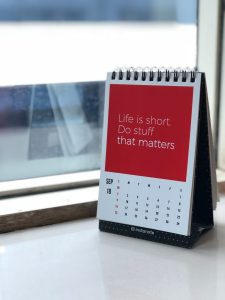
Would I Recommend It?
I would absolutely recommend this course to anybody who would like to become more aware and calm in their life. For me, the impact was life-changing. I had meditated before, but setting aside the 45 minutes on a regular basis, and becoming aware of physical sensations was an absolute game-changer. If there is a Mindfulness-Based Stress Reduction course offered locally, look into it. If not, read the book Full Catastrophe Living by Jon Kabat-Zinn. This book explains MBSR in detail and gives you the information to go through the 8-week course on your own.
Please comment below if you are planning on taking an MBSR course, or if you have and what your experience was like!
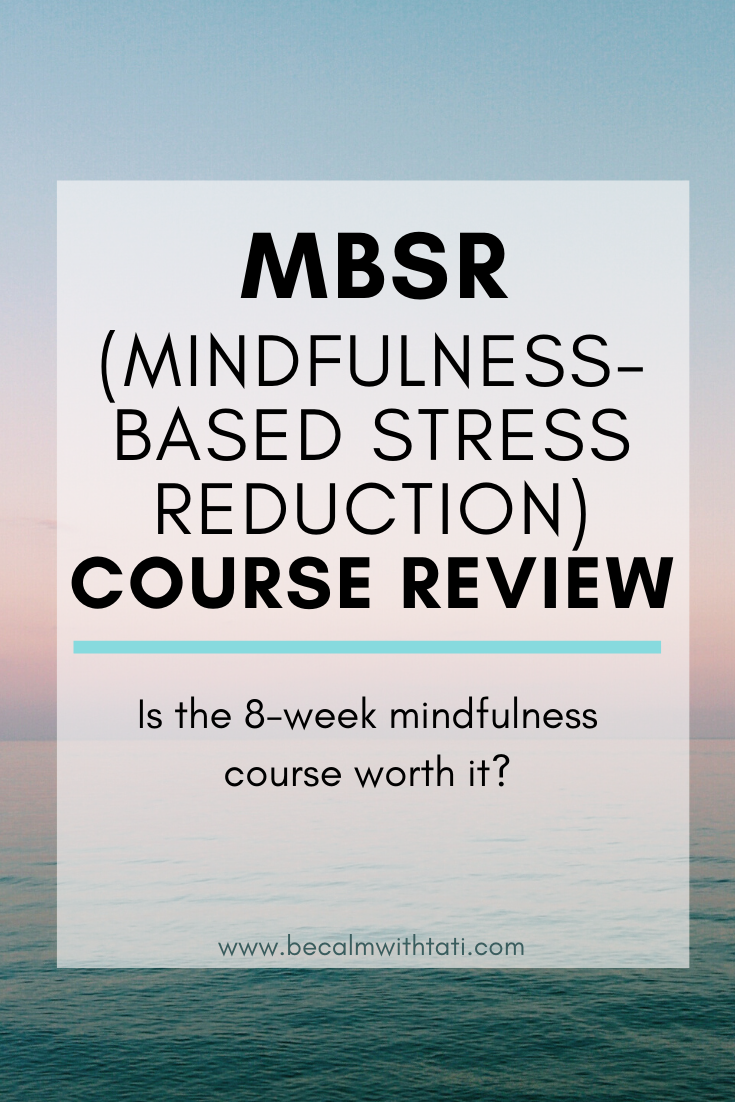




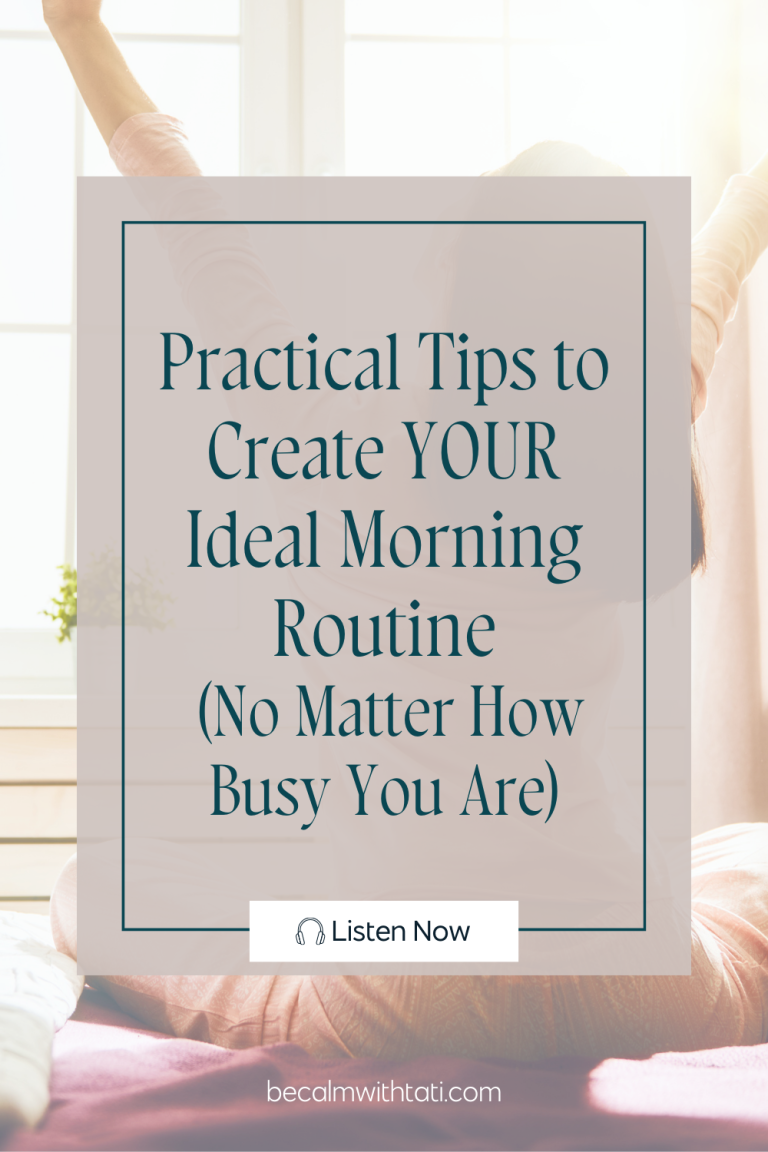
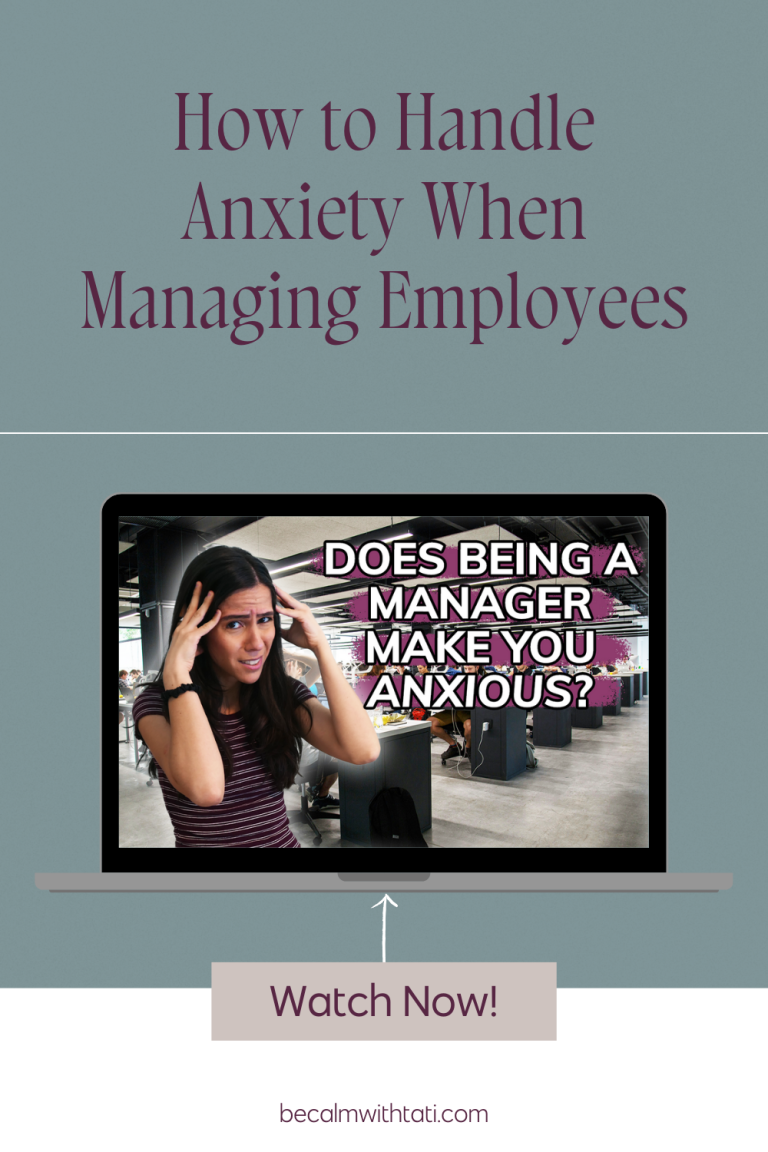

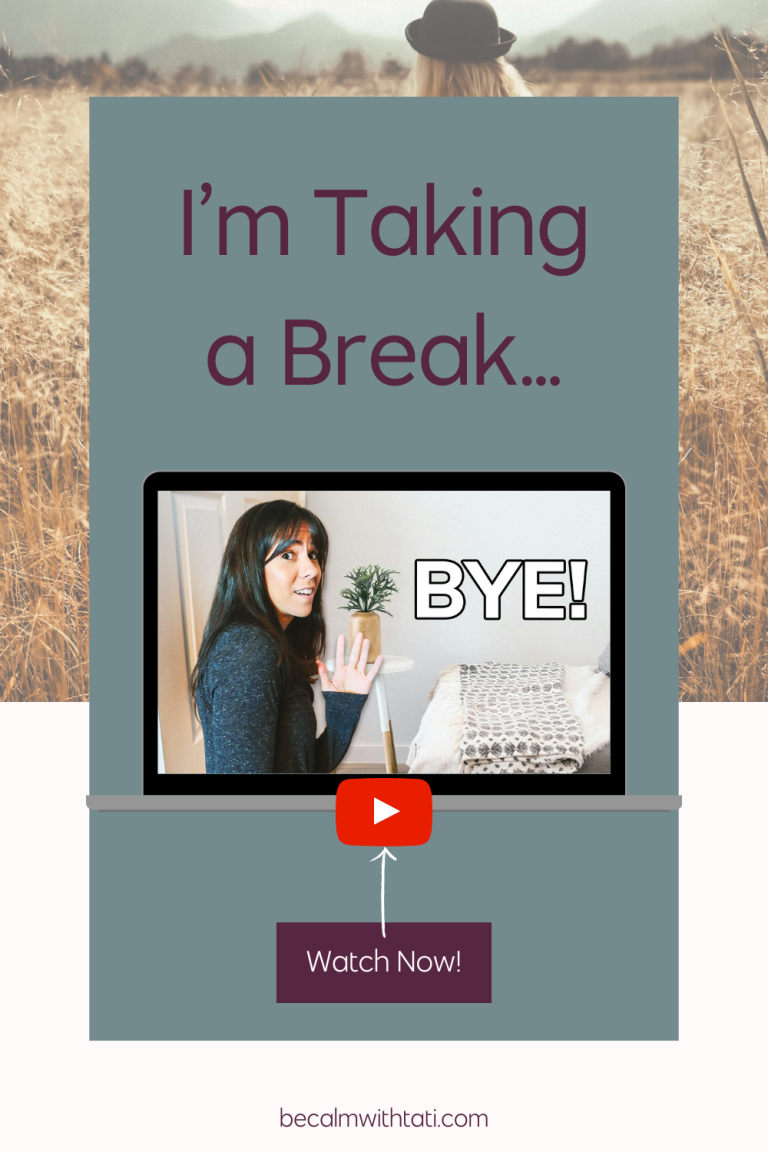






5 Comments
Have you continued with the practice? I am a long time spiritual seekr and am now looking at less religious forms of meditation based on science. I am interested in MBSR.
Bhakta, thanks for your comment. I have continued with the practice and still meditate almost daily, although not for the suggested times during MBSR (which were 40 minute meditations). I meditate about 10 minutes daily and still implement the concepts learned in the course in my daily life. I highly suggest taking the course if you are considering it!
LOL. I had found this page again a couple of years later after forgetting about the course and then having a renewed interest. I am a follower of other meditations and spiritual paths so had been busy with them.
How does doing the 10 minutes course compare to 45 minutes per day?
Do you have any suggested courses to take. I will try to find one in person in NJ but will also look online if I can’t find a local program.
How does MBSR compare to other meditations like TM?
Will it help with brain fog
Jo- I can’t speak for every and any situation but it absolutely helps with focus and clarity which I think can certainly help with brain fog.